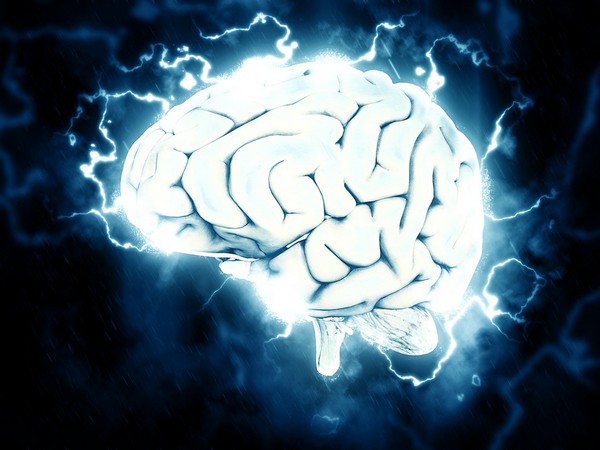UK study finds COVID-19 infection impacts brain's grey cells
Jun 23, 2021

By Sahil Pandey
New Delhi [India], June 23 : A novel study that drew on data gathered by UK Biobank suggests COVID-19 survivors may suffer from a loss of grey matter and other brain tissue over time.
The damage was seen in brain areas that involved smell, taste, cognitive function and memory formation, said researchers who studied pre- and post-COVID brain image tests collated by UK Biobank (UKB), a data centre that collects and collates genetic and health information.
It should be noted that the study has yet to undergo rigorous peer review.
"There is strong evidence for brain-related pathologies in COVID-19, some of which could be a consequence of viral neurotropism. The vast majority of brain imaging studies so far have focused on qualitative, gross pathology of moderate to severe cases, often carried out on hospitalised patients. It remains unknown however whether the impact of COVID-19 can be detected in milder cases, in a quantitative and automated manner, and whether this can reveal a possible mechanism for the spread of the disease," the study says.
UK Biobank performed brain image tests on over 40,000 participants before the start of the COVID-19 pandemic. They invited hundreds of these participants for a second imaging visit in 2021.
Researchers then studied the effects of the novel coronavirus disease in the brain using data from 782 participants.
"Here, we studied the effects of the disease in the brain using multimodal data from 782 participants from the UK Biobank COVID-19 re-imaging study, with 394 participants having tested positive for SARS-CoV-2 infection between their two scans. We used structural and functional brain scans from before and after infection, to compare longitudinal brain changes between these 394 COVID-19 patients and 388 controls who were matched for age, sex, ethnicity and interval between scans.
We identified significant effects of COVID-19 in the brain with a loss of grey matter in the left parahippocampal gyrus, the left lateral orbitofrontal cortex and the left insula," researchers noted.
UK Biobank, which is releasing data from the COVID-19 re-imaging study on a rolling basis, said 404 participants were identified as those who had tested positive for COVID-19. Of these, 394 had usable brain scans.
Commenting on the study, Dr M V Padma Srivastava, head of the department of neurology at All India Institute of Medical Sciences (AIIMS) said, "In Biobank they picked group of individuals who did not have COVID and captured their brain MRIs. So structural part of the brain had captured pre-COVID and when these individuals had COVID then they again captured their MRIs. Then they looked at the changes. It revealed the nervous system of the body is impacted in COVID. This study is another step forward in understanding post-COVID phenomena in the brain."
"Since a possible entry point of the virus to the central nervous system might be via the olfactory mucosa and the olfactory bulb, these brain imaging results might be the in vivo hallmark of the spread of the disease (or the virus itself) via olfactory and gustatory pathways," said the study authors.

















